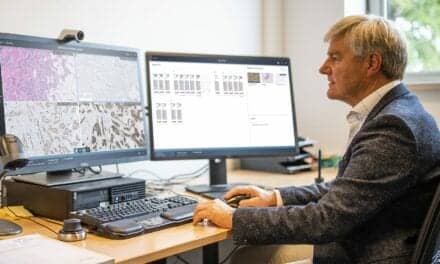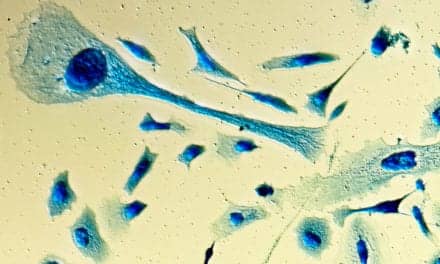Philadelphia-based Proscia and Stockholm-based Unilabs have established a strategic partnership to accelerate the adoption of artificial intelligence (AI) in routine pathology practice. Through the collaboration, Unilabs will validate the efficacy of Proscia’s computational pathology applications and deploy them into its high-throughput workflows, improving diagnostic quality and reducing turnaround times to directly benefit patients and the physicians treating them.
Proscia will bring its experience building AI applications that perform across laboratory settings to the center of the partnership. It will collaborate with Unilabs to create de-identified data sets, using the latest technology to adhere with data protection regulations, for developing AI solutions that drive meaningful quality and productivity gains. Unilabs will also test the utility of Proscia’s computational applications, generating clinical and economic evidence on their capacity to achieve their intended purposes.
Read Proscia Introduces Third Generation of Concentriq Platform
Unilabs will innovate its service offerings through the partnership by beginning to implement computational pathology into its routine workflows leveraging Proscia’s suite of AI applications. Unilabs will initially deploy DermAI, which classifies images of skin biopsies displaying more than 200 diagnosis with a high degree of accuracy, to study the application’s impact on its high-throughput pathology operations.
“At Unilabs, we pride ourselves on delivering accurate, timely diagnoses,” says Christian Rebhan, MD, chief medical and operations officer at Unilabs. “Deploying Proscia’s AI solutions will enable us to provide better care to our patients and better serve our referring physicians.”
In forming this strategic partnership, Unilabs joins the growing list of academic and commercial laboratories with which Proscia is working to accelerate the adoption of digital and computational pathology in clinical practice.
“Proscia is committed to advancing the standard of care, and we will enable this change by driving adoption of computational pathology,” says Julianna Ianni, VP of AI Research & Development. “In partnering with Unilabs, we are working towards delivering real-world AI solutions that perform across multiple laboratory settings and demonstrating their implementation at scale.”





